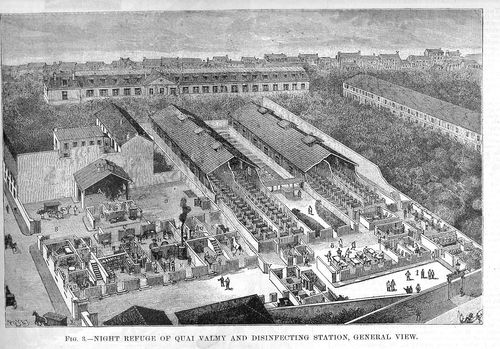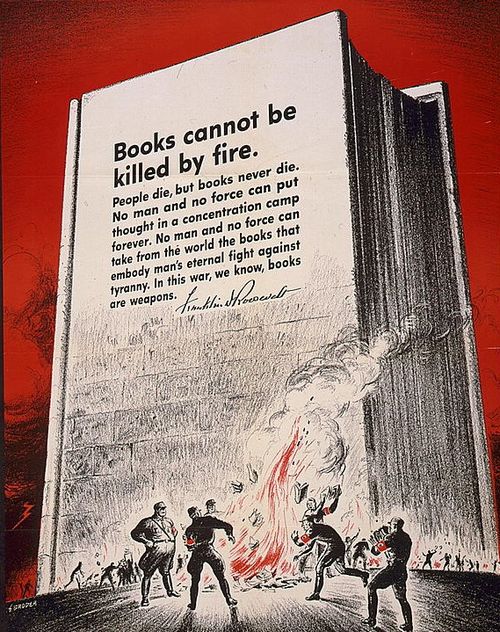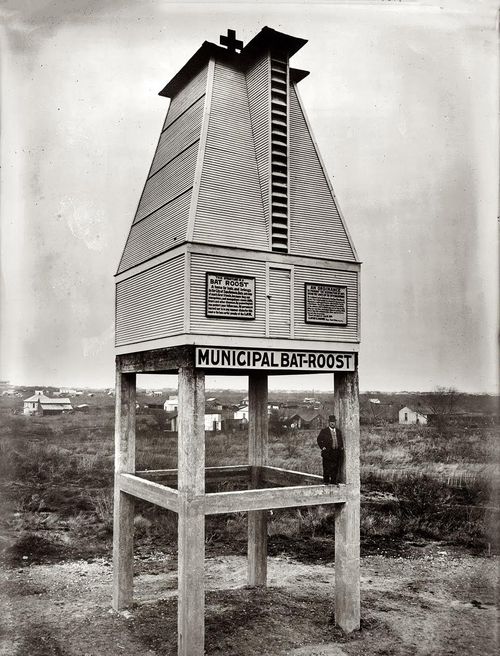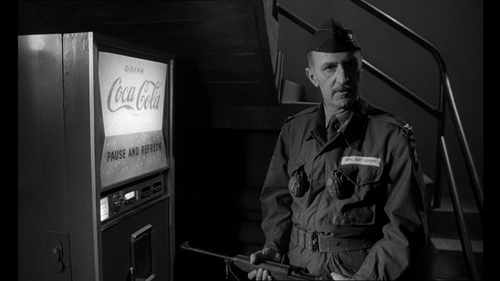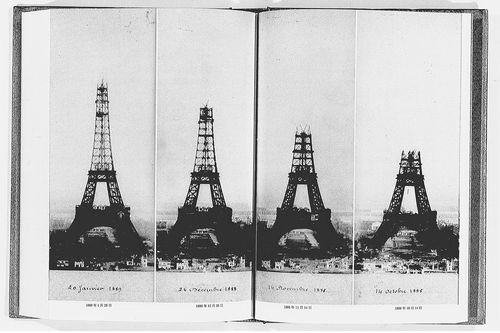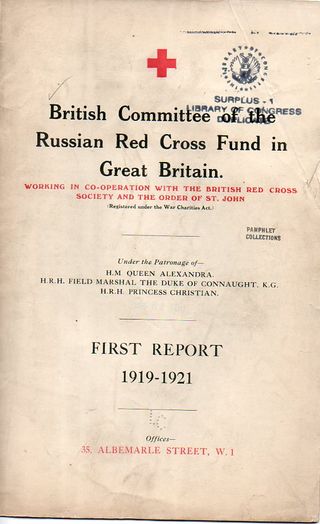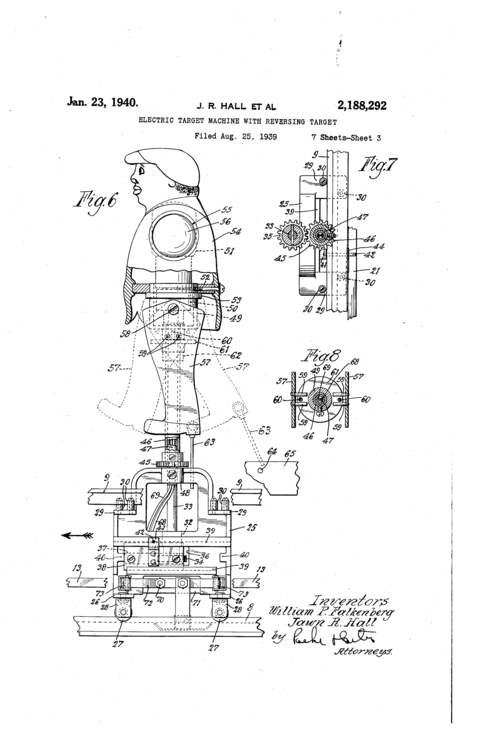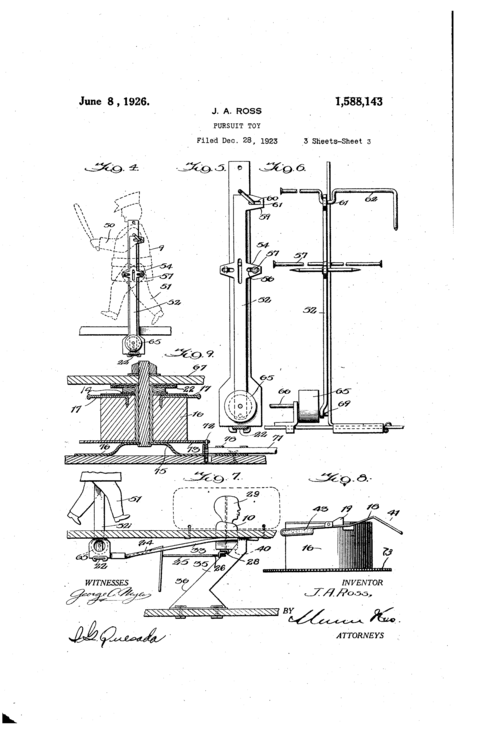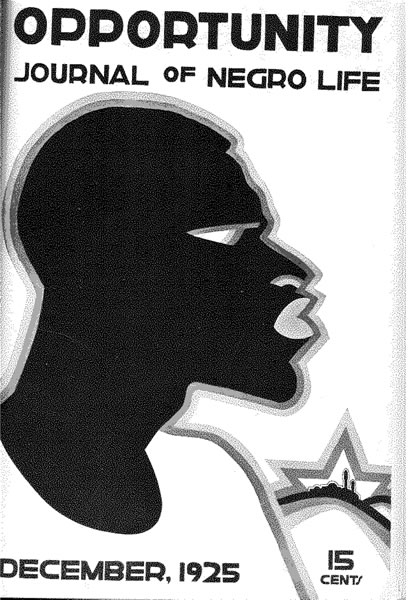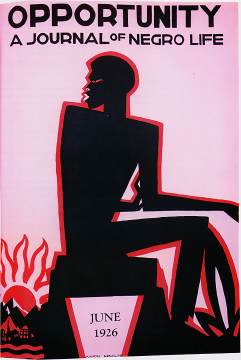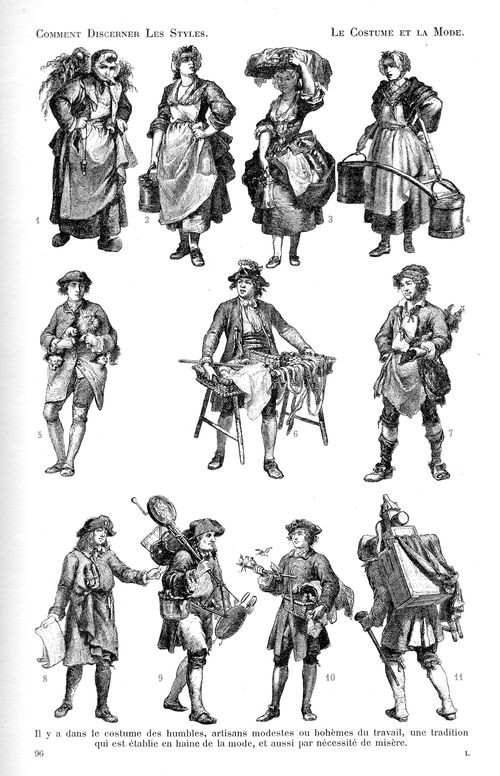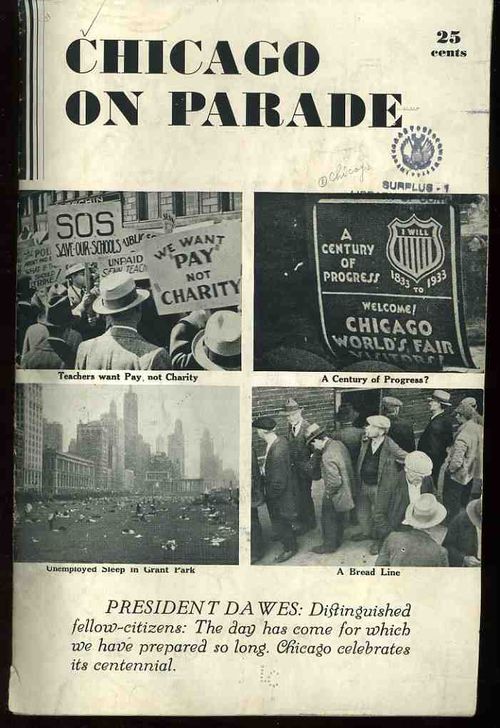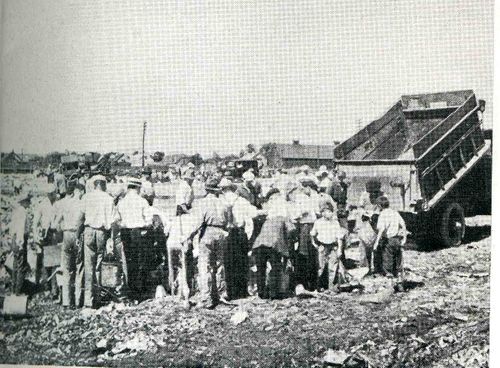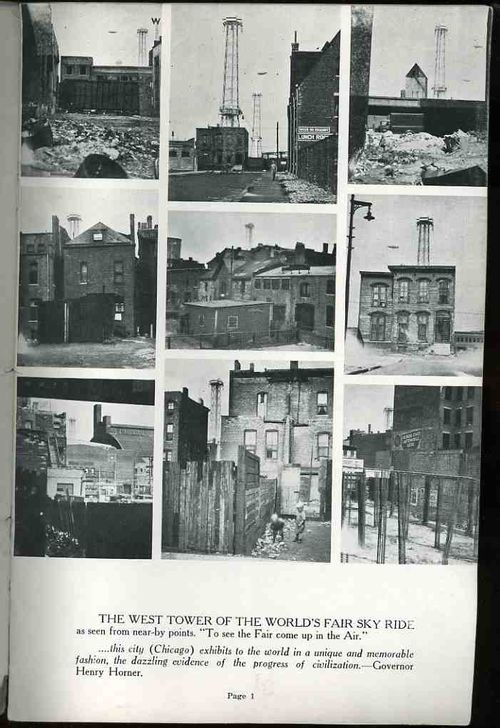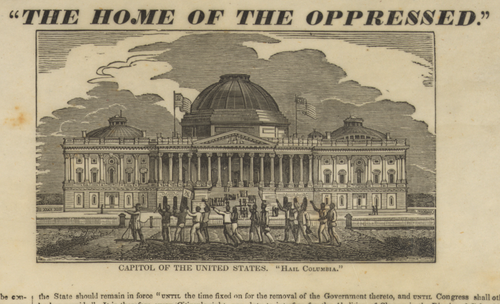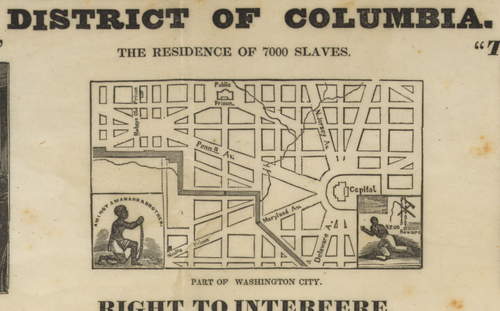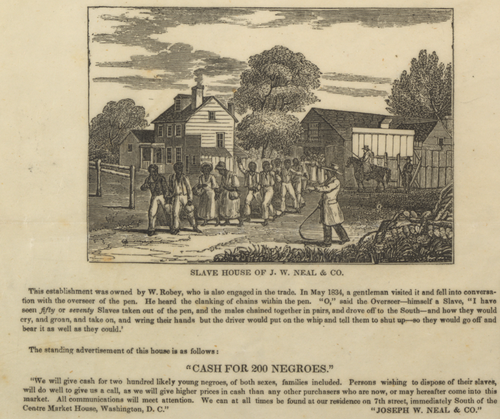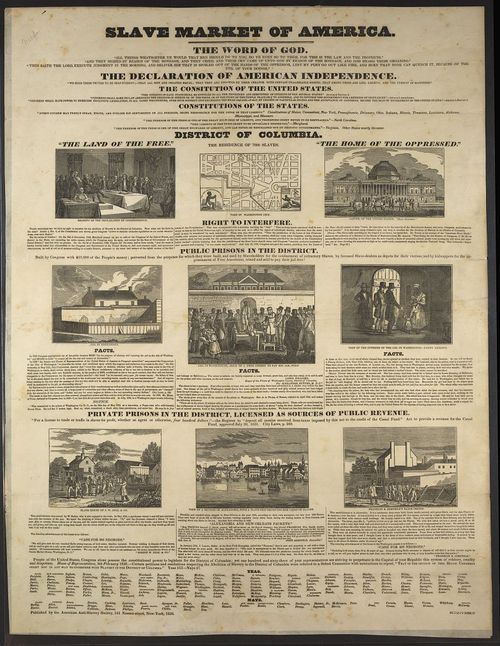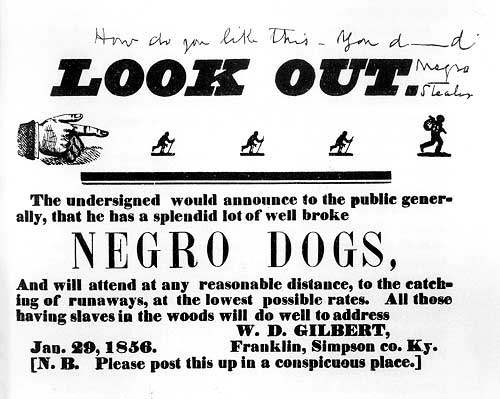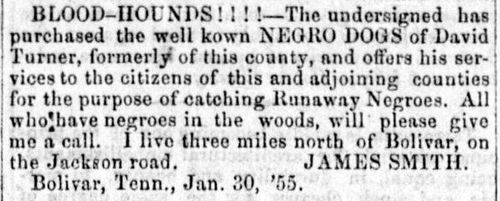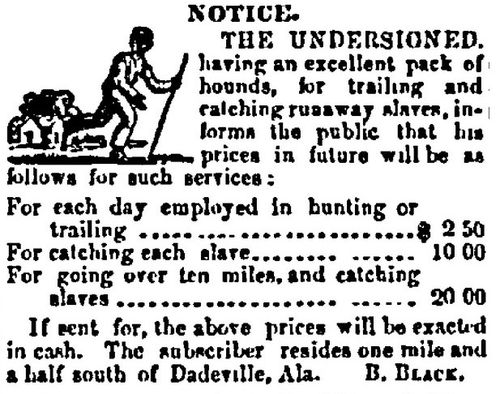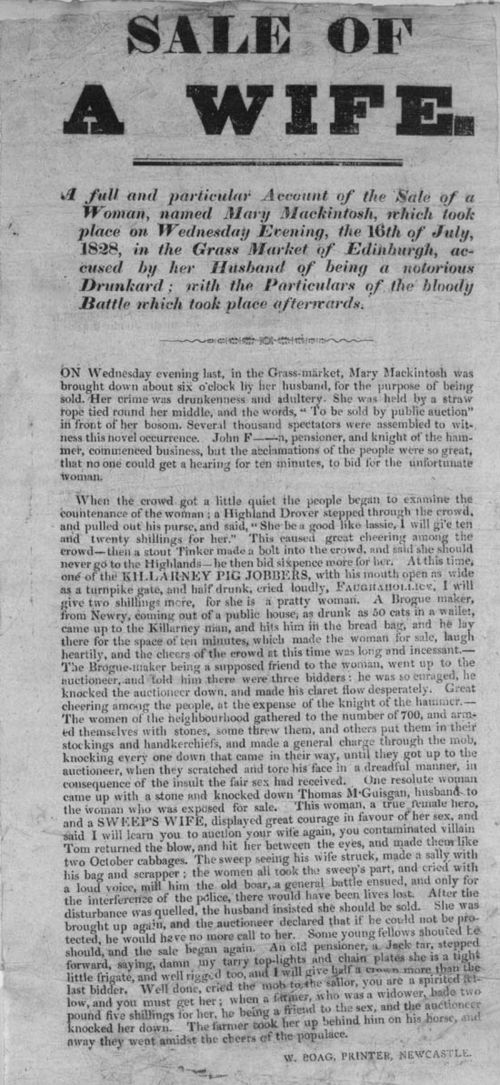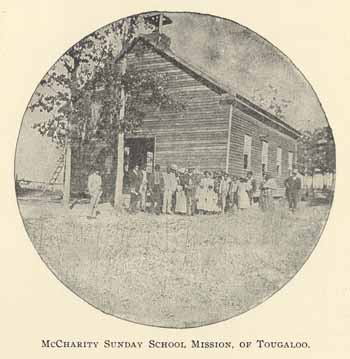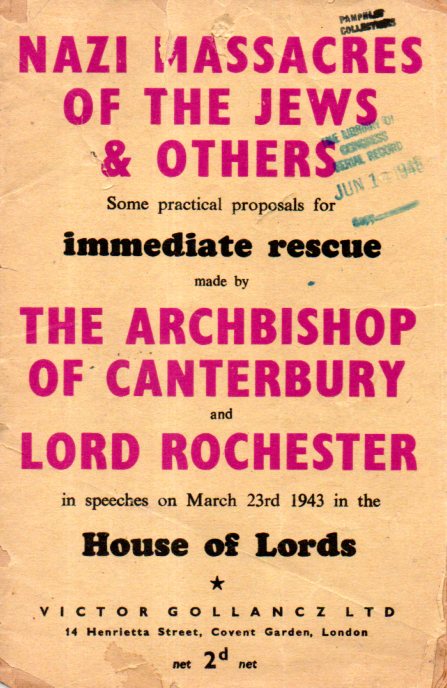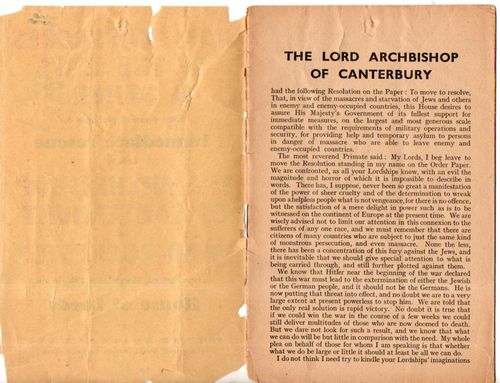JF Ptak Science Books Post 2531
Charles Dickens made a tour of the United States in the first half of 1841--the results of his visit were a critical appraisal of U.S. society and culture, and in general he didn't like much of what he saw. He published his impressions and observations in 1842 in his American Notes, and it was in chapter 17 (the final chapter) that Dickens undertakes a thunderingly blistering condemnation of the U.S. institution of slavery--he found it repugnant and inhuman, and a demonstration of a hypocritical American way of life. There was plenty that he didn't like about the U.S., but it was the slavery issue that really set him on fire.
Here's the beginning of the chapter:
CHAPTER XVII
SLAVERY
"The upholders of slavery in America—of the atrocities of which system, I shall not write one word for which I have not had ample proof and warrant—may be divided into three great classes."
"The first, are those more moderate and rational owners of human cattle, who have come into the possession of them as so many coins in their trading capital, but who admit the frightful nature of the Institution in the abstract, and perceive the dangers to society with which it is fraught: dangers which however distant they may be, or howsoever tardy in their coming on, are as certain to fall upon its guilty head, as is the Day of Judgment."
"The second, consists of all those owners, breeders, users, buyers and sellers of slaves, who will, until the bloody chapter has a bloody end, own, breed, use, buy, and sell them at all hazards: who doggedly deny the horrors of the system in the teeth of such a mass of evidence as never was brought to bear on any other subject, and to which the experience of every day contributes its immense amount; who would at this or any other moment, gladly involve America in a war, civil or foreign, provided that it had for its sole end and object the assertion of their right to perpetuate slavery, and to whip and work and torture slaves, unquestioned by any human authority, and unassailed by any human power; who, when they speak of Freedom, mean the Freedom to oppress their kind, and to be savage, merciless, and cruel; and of whom every man on his own ground, in republican America, is a more exacting, and a sterner, and a less responsible despot than the Caliph Haroun Alraschid in his angry robe of scarlet."
"The third, and not the least numerous or influential, is composed of all that delicate gentility which cannot bear a superior, and cannot brook an equal; of that class whose Republicanism means, ‘I will not tolerate a man above me: and of those below, none must approach too near;’ whose pride, in a land where voluntary servitude is shunned as a disgrace, must be ministered to by slaves; and whose inalienable rights can only have their growth in negro wrongs."
Then comes this incredible listing of runaway/escaped slaves—in attempting to identify their “property” properly, the slave owners described the various injuries made to the slaves' bodies and how they happen to have been bound before their flight to freedom. It is an unknowing self-indictment, each ad a testimony to cruelty and viciousness.
"The following are a few specimens of the advertisements in the public papers. It is only four years since the oldest among them appeared; and others of the same nature continue to be published every day, in shoals.
‘Ran away, Negress Caroline. Had on a collar with one prong turned down.’
‘Ran away, a black woman, Betsy. Had an iron bar on her right leg.’
‘Ran away, the negro Manuel. Much marked with irons.’
‘Ran away, the negress Fanny. Had on an iron band about her neck.’


